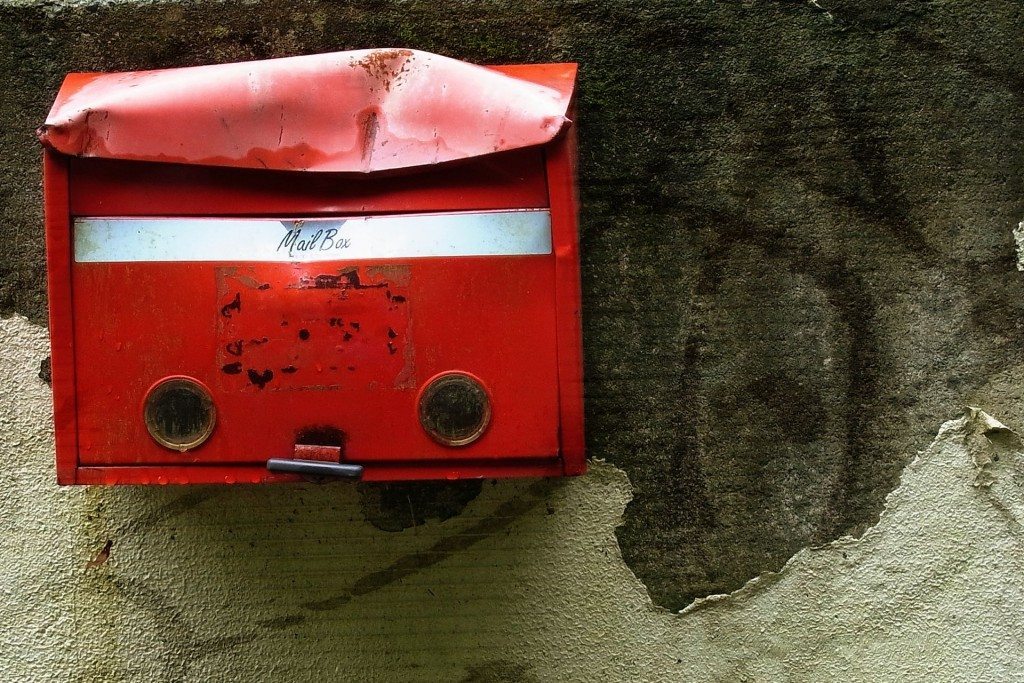Misery loves company, and there are few things a struggling writer enjoys more than basking in a famous rejection letter.
We’ve all gone to pages like Famous Author Rejection Letters and 30 Famous Authors Whose Works Were Rejected Repeatedly, where we can make ourselves feel better by reading about the experiences of other rejects through the ages—modern authors like Stephen King, J.K. Rowling and Stephenie Meyer, and historical greats like Ernest Hemingway, Oscar Wilde and Anne Frank.
And what about those of us who spend a lot of time reading the rejection letters of our peers, or other writers we follow online?
We frequent sites like Duotrope Digest’s Recent Responses, Literary Rejections on Display and RejectionWiki to see who else is being rejected, and by whom. We’re desperate to know whether our own letters are form rejections, tiered rejections, or personal ones. We want to know how many people are rejected, and how many are accepted.
But is reading rejection letters of famous authors and fellow writers actually helpful, or is it a waste of time and a potential roadblock to our development?
Pros of Studying Writing Rejection Letters:
- They can help you understand that absolutely all writers face rejection—even multi-published ones
- They can give you hope for the future when you’re experiencing nothing but rejections
- They can reinforce the idea that all writing is subjective and you can’t please everyone at once
Cons of Studying Writing Rejection Letters:
- In the case of famous rejections, they may give you a false sense of hope in a manuscript that might just not be ready yet
- They can be just another mode of procrastination when you could be practising your craft
- Numbers are often exaggerated as people repost them, so you can never be sure if the number of rejections a famous author is said to have received is correct
Obviously, there is no right or wrong answer to this question, but I’m quite interested to learn the opinions of other writers, both new and advanced.
And now for a personal rejection…
As if by design, just a few hours after I finished writing this post I received a rejection letter from One Story, which said:
Thank you for sending us [title].
This story was passed around to all of the editors. Unfortunately, we couldn’t come to a consensus, but we were very impressed by your writing. We hope that you will feel encouraged by this short note and send us something else.
We look forward to reading more.
As much as I tried desperately not to read too much into it, I couldn’t help but search Google to see if it was a form letter.
It appears that,”This story was passed around to all of the editors. Unfortunately, we couldn’t come to a consensus,” is personalized and “we were very impressed by your writing. We hope that you will feel encouraged by this short note and send us something else,” is part of a higher-tiered rejection (as in, not the standard rejection letter, but a form letter nonetheless).
Of course, one can never be totally sure, but I am sure of two other things:
- No matter under which circumstances my story was rejected, it was still rejected.
- I’ll be sure to submit to them again in the future.
What do you think?
- Should we spend time researching, studying, and comparing our own rejection letters to our peers’ letters or to famous author rejections?
- What other pros and cons can you add to this list?
- What’s the most confusing or frustrating rejection letter you’ve ever received or read?
